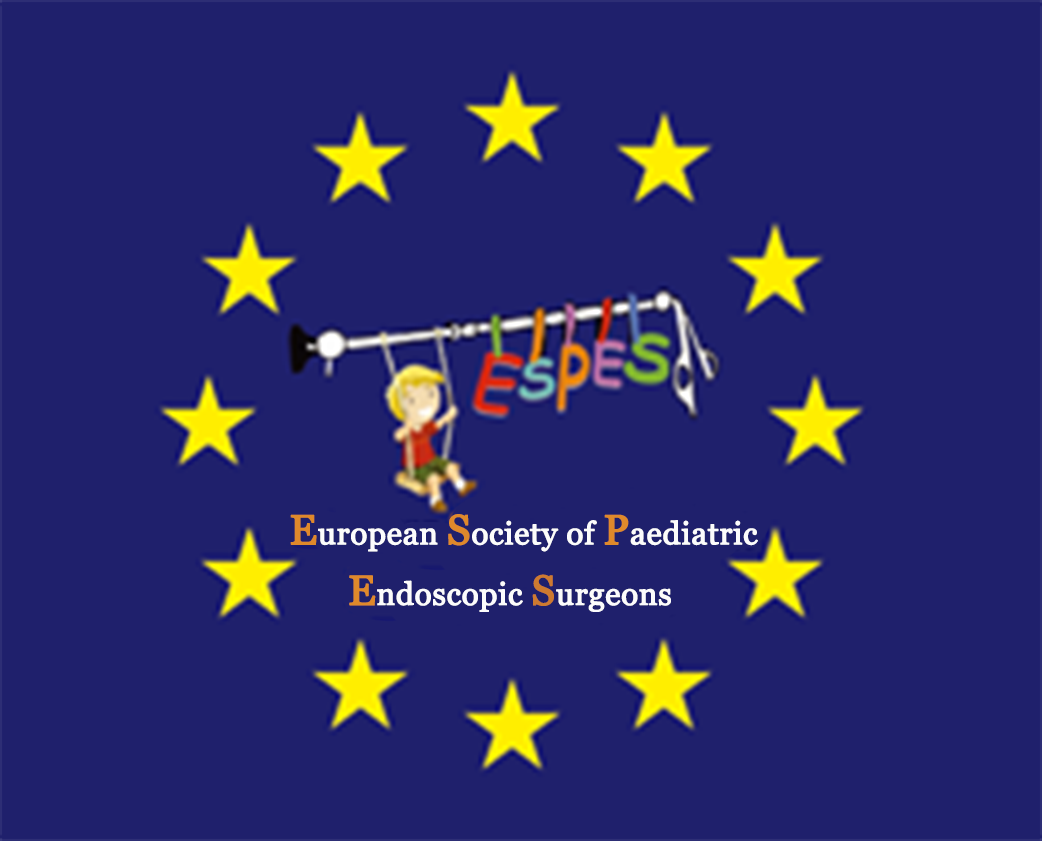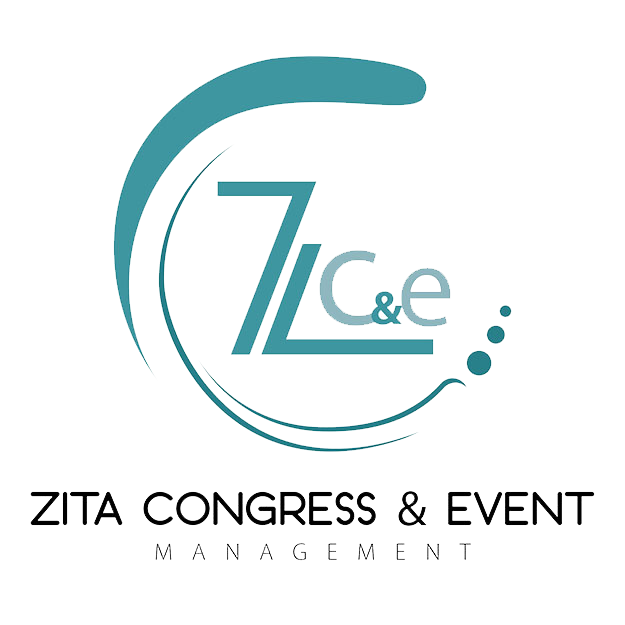Abstract Submission Guidelines
ABSTRACT SUBMISSION
CLOSED
We thank you all for your strong contributions!
GENERAL INFORMATION
- SUBMISSION – Abstracts must be submitted via the Oxford Submission System .
- SUBMISSION OPENING – 1st March 2025.
- SUBMISSION DEADLINE – 1st May 2025, 11:59 pm CET.
- NOTIFICATIONS – Sent to authors in late May 2025. Notifications are sent to the contact author’s email address provided during submission.
- REGISTRATION – All presenters must be registered for the 15th ESPES Annual Meeting.
ABSTRACT SUBMISSION GUIDELINES AND REQUIREMENTS
- The 15th ESPES Annual Meeting will take place between 15-17 October 2025 at Zappeion Conference & Exhibition Center in Athens, Greece.
- The official language of the Congress is English.
- Abstracts will be evaluated based on originality, scientific merit, study design, clarity of expression, data presentation, adherence to submission rules, and relevance.
- The Program Committee will determine the presentation method for selected abstracts, e.g., podium, short oral, or digital poster. The presenter may accept or decline with no associated penalty.
ORIGINALITY AND DUPLICATE SUBMISSION POLICY
- No Previously Published Submissions: The abstract submitted must represent original work that has not and will not be published before the 15th ESPES Annual Meeting. Abstracts should only be submitted if the abstract or the main content will not have been previously accepted for publication or will not have been previously published (paper or electronic).
- Previously Presented Submissions: The abstract submitted should not be presented at a national or international meeting before the commencement of the 15th ESPES Annual Meeting.
- Previously Presented Data: All abstracts must be new and original content OR include at least 50% new data if previously presented at a meeting.
- No reference to the authors or the institution should appear within the body of the abstract or in the abstract title.
- Each author can only present up to 2 abstracts, however additional abstracts may be submitted/accepted if that author is listed as a co-author and is not the presenting author.
- The results in the abstract can only be submitted once to the same meeting, even if it appears with different authors and title, different category, or preferred presentation.
- ETHICAL: It is expected that the results section of the abstract represents original data by the authors, or a clearly stated systematic review/meta-analysis of the literature. ESPES considers plagiarism to be a serious breach of professional standards and authors found to have plagiarized the work of others can expect a ban and a report to their employing organization.
ABSTRACT SUBMISSION DETAILS
ABSTRACT TITLE
Short and descriptive titles are preferred, typed in ALL CAPITALS. Limit 50 words.
DISCLOSURES
Authors must disclose any financial interest/relationship that they have with any commercial interest related to the content of the presentation. In addition, authors must identify any off-label or experimental uses of any drugs that are presented in the abstract.
INFORMED CONSENT
IRB/IACUC APPROVAL
Institutional Review Board (IRB) and/or Institutional Animal Care and Use Committee (IACUC) approval must be indicated for all studies involving human subjects and/or animals. IRB approval is not required for retrospective reviews.
Any studies involving human subjects must conform to the principles of the Declaration of Helsinki of the World Medical Association (Clinical 57 Research 1966; 14:103) and must meet all the requirements governing informed consent of the country in which it was performed.
CATEGORIES
Abstracts will be considered in the following categories:
- Gastrointestinal
- Thorax
- Urology
- Oncology
- Robotics and Innovations
- Electronic Poster (Oral Short)
- My Worst Complication
- Miscellaneous
ABSTRACT TEXT
- The abstract must be written in English. Authors who do not utilize English as a first language are encouraged to seek assistance for writing abstracts with proper English grammar and syntax.
- Authors and institutions must be omitted from the abstract text. Because of the blinding process used during the review process these rules must be observed. Non-conforming abstracts will NOT be considered.
- Abstracts must be limited to 300 words.
- No diagrams or tables are allowed.
- The abstract should clearly state the purpose for the study or review, the results obtained and the conclusions. Promises to explain the work or vague presentations of data will result in rejection.
- The reviewers prefer and will look with greatest favor on abstracts submitted in the Purpose (or Introduction)-Patients (or Materials) and Methods-Results-Conclusion format.
- The Purpose (or Introduction) should be a concise statement of the research question or hypothesis to be addressed.
- The Methods should include the clinical setting (taking care not to identify the institution name), sampling criteria and inclusive dates. The control group should be adequately described. Specific mention should be made of the number of experimental subjects or patients in groups (n=). The statistical method and levels of significance should be included.
- The Results should be stated in sufficient detail to support the conclusion, with only enough interpretation to indicate relevance; extended discussion or literature reviews should be avoided.
- The Conclusion should summarize the abstract (We conclude…) with a brief statement of findings clearly supported by the data, consistent with the research purpose, and with a minimum of further suggestions or inferences. The conclusion should be readable as a short, stand-alone statement.
- The reviewers will consider abstracts submitted in different styles only when the above-described format is inappropriate to the content.
- Abbreviations within the abstract are discouraged. Thus, non-standard abbreviations should be avoided. There should be no abbreviations used in the conclusion.
AUTHORSHIP
Credit for authorship implies substantial contributions to the conception, design, analysis, and interpretation of data, and to writing and revising the abstract. The number of authors should be reasonable, given the subject and experimental design. Data generated from multiple institutions should include an author from each institution or permission from a representative from each institution to use the data.
CORRESPONDING AUTHOR
The corresponding author must provide a reliable email address at the time of abstract submission and must notify ESPES of any changes in contact information. In addition to acting as the liaison for their abstract(s), the duty of the corresponding author is to warrant to ESPES they have reviewed the material to assure the quality and integrity of the work and will supervise the preparation of the presentation and the manuscript. The individual identified as the presenting author during submission is also the corresponding author. ESPES must be notified of any changes in contact information at abstracts@espes2025.com .
On behalf of all authors, the submitter must agree that if an abstract is accepted, names and institutions will be published on ESPES Website, mobile app, abstract book, and congress program (printed and PDF). Authors at any time may request ESPES to modify or remove their names and contact information from all related on-line publications.
PRESENTING AUTHOR
In some cases, the presenting author may differ from the corresponding author. This is permissible. If so, this must be delineated when the abstract is submitted for consideration. ESPES must be notified of any changes in the presenting author’s information as soon as possible at abstracts@espes2025.com.
PRESENTATION LIMITS
Authors agree to present their abstracts on the days and times assigned by ESPES. The program committee will not honor requests to present on a certain day or time. *
Each author can only present up to 2 oral abstracts.
* ( If an author is scheduled to present more than one abstract during concurrent sessions, it is the responsibility of the presenting author to contact ESPES staff once the preliminary program is finalized, and the program chair will remedy the scheduling conflict with the presenting author. The program chair will make every attempt to ensure authors do not have overlapping presentations. Last minute scheduling changes are not permissible. If the presenting author cannot present, he/she must contact ESPES staff as soon as possible to name a replacement or withdraw the abstract from presentation).
PRESENTATION METHODS
The Program Committee determines the presentation method of accepted abstract.






